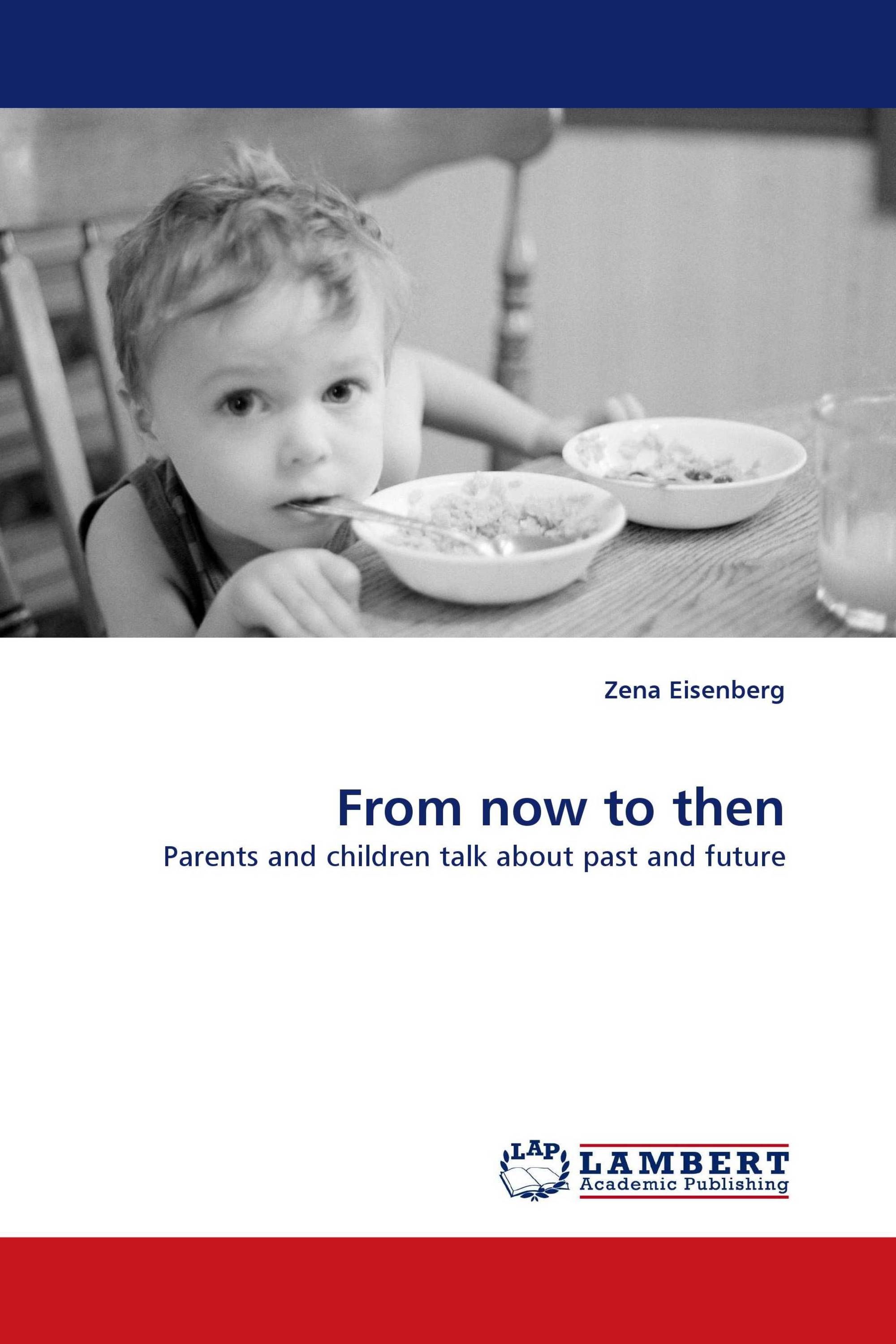But I want to call it lunch! Are we there yet? Before, after, clocks, calendars. Those are all temporal challenges for young children: cognitive and linguistic challenges. How do they learn about such complex and abstract concepts? More importantly, how do we help them discover time? We live in a society that is increasingly reigned by time, which has become faster, more fragmented (days, hours, nanoseconds!), and is present in a child''s life from the moment she is born (or before, even, if one considers the mother''s biological rhythms). Eisenberg''s book enters the homes of families to find out what is it that parents and children talk about at dinner that might help the young ones come to a better understanding of temporal concepts. Based on nearly 1,000 pages of transcripts of dinner talk, the author identifies different factors that might contribute to understanding time. Those include the development of language and parental use of temporal concepts. After reading this book, researchers, undergraduate and graduate students in psychology and education, as well as teachers, will find themselves paying more attention to and marveling at how children develop concepts of time.
Book Details: |
|
|
ISBN-13: |
978-3-8383-7605-9 |
|
ISBN-10: |
3838376056 |
|
EAN: |
9783838376059 |
|
Book language: |
English |
|
By (author) : |
Zena Eisenberg |
|
Number of pages: |
116 |
|
Published on: |
2010-07-13 |
|
Category: |
Kindergarten- and preschool pedagogy |
